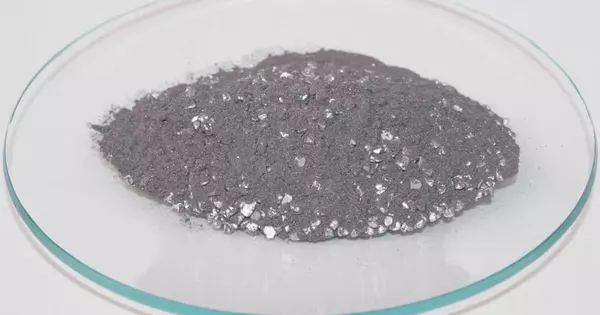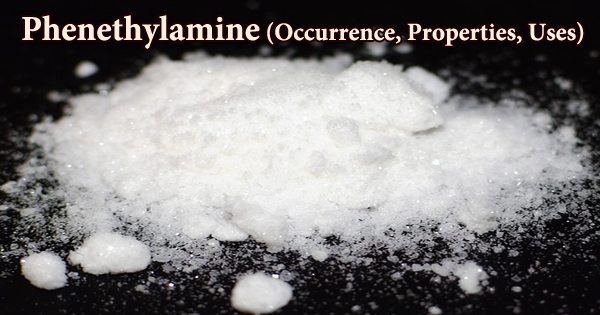Magnesium aluminide is an intermetallic compound composed of magnesium and aluminum. It belongs to the intermetallics class of materials, which are distinguished by their ordered atomic structures and frequently exhibit unique features when compared to pure metals or alloys. Both the beta phase (Mg2Al3) and the gamma phase (Mg17Al12) have cubic crystal structures and are common phases (molecular structures).
Magnesium aluminides are key elements of 5XXX aluminium alloys (aluminium-magnesium) and magnesium-aluminium alloys, dictating many of their engineering features. Magnesium aluminide is significant for aircraft engines because of its low density and strength.
Key characteristics and properties:
- Lightweight: It is a lightweight material due to its magnesium content, which is one of the lightest structural metals. This makes it excellent for applications requiring weight reduction, such as those in the aerospace and automotive industries.
- High-temperature stability: It keeps structural integrity at high temperatures, making it ideal for high-temperature applications such as aviation engine building, where it can endure the heat generated during operation.
- Corrosion resistance: It has good corrosion resistance, especially in dry settings. However, in the presence of moisture, it may be prone to oxidation.
- Low density: Because of its low density, it has a high strength-to-weight ratio, making it appealing for use in lightweight structural components.
- Brittle nature: It can be brittle, which can limit its use in applications where ductility and toughness are critical. Alloying with other elements or processes like powder metallurgy can be used to improve its mechanical properties.
- Potential for alloying: It can be alloyed with other elements to tailor its properties for specific applications. For instance, small additions of rare earth elements like yttrium (Y) can enhance its high-temperature properties and ductility.
Applications
- Aerospace: It has been considered for use in aircraft and aerospace components due to its lightweight and high-temperature stability.
- Automotive: Magnesium aluminide has the potential to be used in lightweight automotive components, such as engine components and structural parts.
- Research: It is also studied for its potential in various research areas, including materials science and metallurgy, to better understand its properties and potential applications.
MgAl has also been investigated for use as a reactant to produce metal hydrides in hydrogen storage technology. Like many intermetallics, MgAl compounds often have unusual stoichiometries with large and complex unit cells.
















